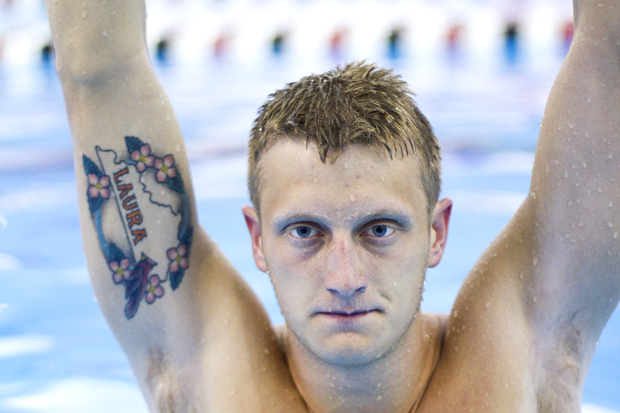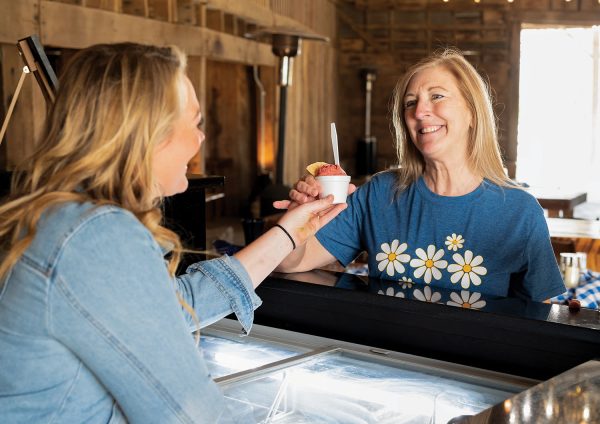D is for Diver: Student dives into competition
September 24, 2010
When Jim Ritter started fooling around on the diving board at a country club as a sixth-grader, he never thought it would lead to a spot on WKU’s competitive diving team.
Bowling Green junior Ritter is majoring in International Business but spends his free time practicing diving at the Preston Health and Activities Center.
Ritter came to WKU on an in-state scholarship and joined the diving team his freshman year, eventually earning an athletic scholarship.
Ritter and the rest of his team compete in diving meets a few times a month. He said while he loves to compete, he does deal with anxiety.
“You’re ready for it,” Ritter said. “This is what you do – you enjoy diving – otherwise, why would I do something I don’t love to do? But at the same time, you have to be aggressive.”
Ritter said one of the most important factors of diving performance is how he feels right before competing. He said the more relaxed the mood is, the better he performs.
“The atmosphere (of a meet) is amazingly important,” Ritter said. “It’s kind of ridiculous how just talking to people and just enjoying the meet affects your performance.”
Ritter said dives are judged on: form, position, how close the diver is to the board, if the legs are bent, how clean the entry is and the size of the splash. He said the time spent actually executing the dive seems much longer than it is in reality.
“It’s an incredibly mental sport,” Ritter said, recalling the time when he flubbed a dive last year at the Sun Belt Conference. “I was doing really well in three meter, and then I crashed a dive, and it still haunts me today.”
Ritter’s teammate, junior Vinnie Rominger, said he admires Ritter’s way of handling setbacks.
“Jim has the ability to really bounce back from a big blow,” Rominger said.
Ritter said he uses visualization strategy to perform the best dive he can.
“I usually try and just visualize the dive once, because your mind plays tricks with you. Sometimes I visualize myself messing up, which gets in my head. So I try to do it once, and make it a perfect dive, then I don’t have to think about it anymore.”
Coach Bob Benson said Ritter’s greatest strength is his work ethic. He said he has known Ritter for eight years and been his coach since 2008.
“He is super committed and will do whatever it takes to reach his goals,” Benson said.
Ritter said there’s not much after college for divers unless they train for something major like the Olympics.
After he graduates, he said he wants to travel and learn other languages, having already been to several different countries, including Australia, Germany and Mexico. For now, he concentrates on finishing his junior year and improving his diving.
“Knowing that not many people do what we do and being able to do it in a competition and place second or third … it’s a really good feeling,” he said.




















![Megan Inman of Tennessee cries after embracing Drag performer and transgender advocate Jasmine St. James at the 9th Annual WKU Housing and Residence Life Drag Show at Knicely Conference Center on April 4, 2024. “[The community] was so warm and welcoming when I came out, if it wasn’t for the queens I wouldn’t be here,” Inman said.](https://wkuherald.com/wp-content/uploads/2024/04/smith_von_drag_3-600x419.jpg)





